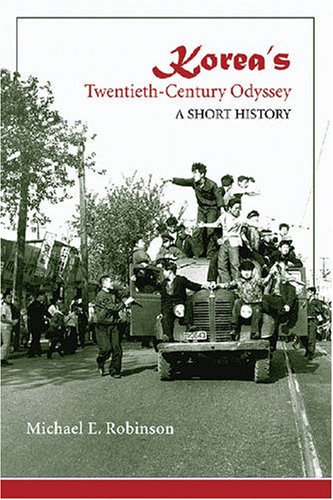

Most ebook files are in PDF format, so you can easily read them using various software such as Foxit Reader or directly on the Google Chrome browser.
Some ebook files are released by publishers in other formats such as .awz, .mobi, .epub, .fb2, etc. You may need to install specific software to read these formats on mobile/PC, such as Calibre.
Please read the tutorial at this link: https://ebookbell.com/faq
We offer FREE conversion to the popular formats you request; however, this may take some time. Therefore, right after payment, please email us, and we will try to provide the service as quickly as possible.
For some exceptional file formats or broken links (if any), please refrain from opening any disputes. Instead, email us first, and we will try to assist within a maximum of 6 hours.
EbookBell Team

5.0
80 reviewsRobinson breaks new ground with his analysis of the colonial period, tracing the ideological division of contemporary Korea to the struggle of different actors to mobilize a national independence movement at the time. More importantly, he locates the reason for successful Japanese hegemony in policies that included--and thus implicated--Koreans within the colonial system. He gives readers access as well to an understanding of the unique aspects of Japanese colonialism in Korea--in particular how the relatively intensive economic development of the colony in the mid-1930s laid the foundation for subsequent development of human resources as well as the economy of the postwar period. Robinson concludes with a discussion of the political and economic evolution of South and North Korea after 1948 that accounts for the valid legitimacy claims of both nation-states on the peninsula. He thus carefully analyzes the sources of authoritarianism in South Korea while detailing its relationship to stunning economic growth after 1960 and to the democracy movement through the 1970s and 1980s. He closes with a description of South Korean politics, noting that although procedural democracy triumphed after 1987, the development of a true pluralism representing all interest groups remains a work in progress.
Korea's Twentieth-Century Odyssey succinctly and deftly captures the key contours of the country's past. Its balanced analytical narrative of the historical forces that shaped the political, economic, and social dynamics of the two Koreas make it a first-rate introduction to modern Korea and an excellent companion to courses on modern Korean society, politics, and history.